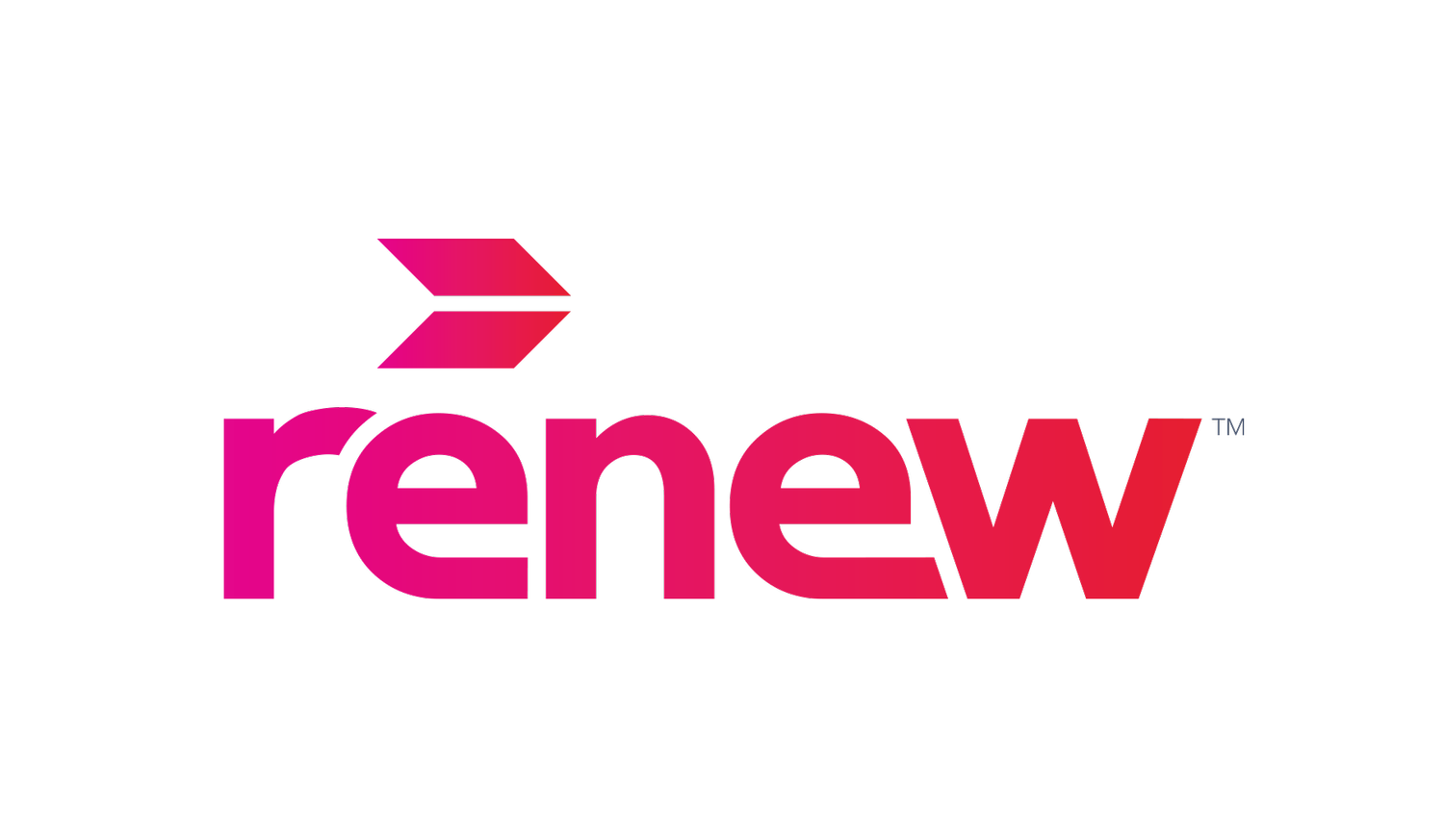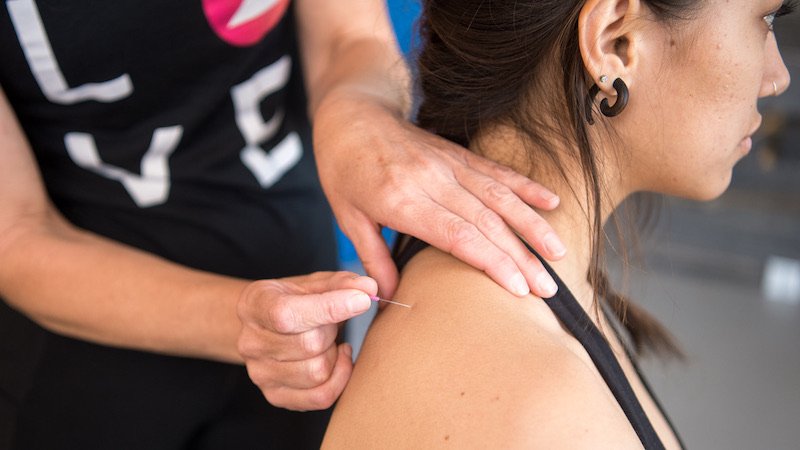Dry Needling Therapy
Dry needling is a modern, science-based therapy for the treatment of pain and dysfunction. A licensed physical therapist uses a very thin needle to penetrate myofascial trigger points (painful knots in muscles), tendons and/or ligaments to initiate a healing response. Dry needling increases range of motion and decreases pain caused muscle tightness or scar tissue. This technique allows the therapist to reach areas that are difficult to reach by hand.
This treatment is very effective for tendonitis, overuse injury, headaches & migraines, chronic low back pain, chronic neck pain, joint problems, plantar fasciitis, shin splints, shoulder impingement, trigger points, whiplash and more.
$70-$95
FAQ
Dry Needling
-
Dry needling is a modern , science-based intervention for the treatment of pain and dysfunction. A licensed physical therapist uses a very thin filament needle to penetrate myofascial trigger points (muscle knots), tendons and/or ligaments to initiate a healing response.
-
This technique is used for trigger point release for spot specific pain or tightness. Dry needling increases range of motion and decreases pain caused by muscular tightness or scar tissue.
-
Anyone experiencing local muscle tightness and/or painful trigger points.
-
Comfortable clothing that allows access to the areas being treated.
-
Typically significant pain relief is felt directly after a session; however, some effects take a few days to be felt. Occasionally, some soreness is felt the following day; however, greater pain relief is typically noted after this transient soreness dissipates. After care includes drinking water, and gentle movement. Level of activity depends on your current physical condition.
-
History of seizures, pacemaker or any other electrical implant, current use of Anticoagulants (blood-thinners e.g. Warfarin, Coumadin), current use of Antibiotics for an infection, damaged heart valve, metal prosthesis or other risk of infection, pregnant or actively trying for pregnancy, metal allergy, diabetic suffering from impaired wound healing, active infection (including Hep B, Hep C, HIV or any other infectious disease), needle phobia.

